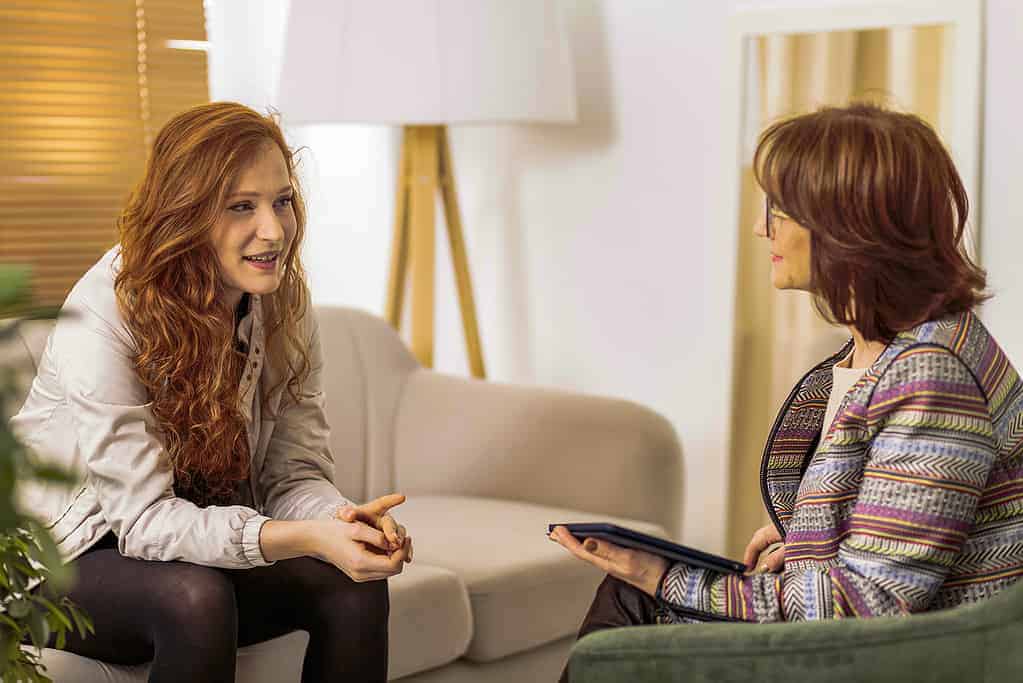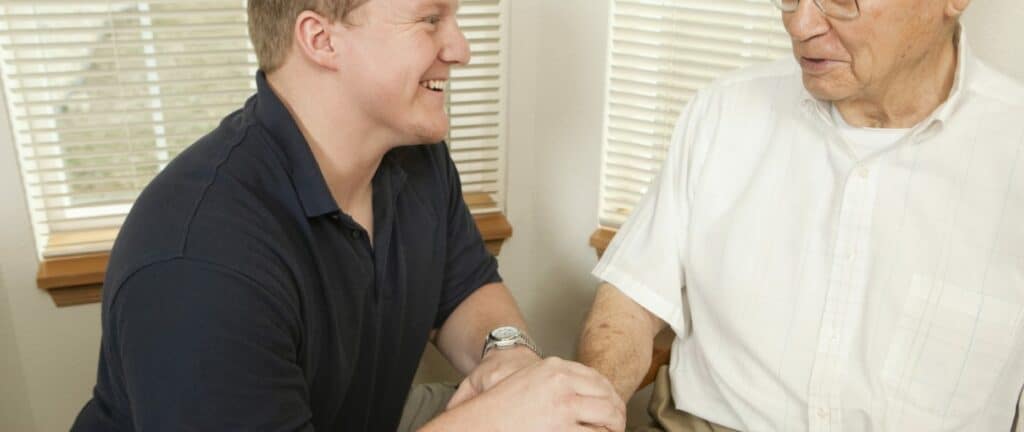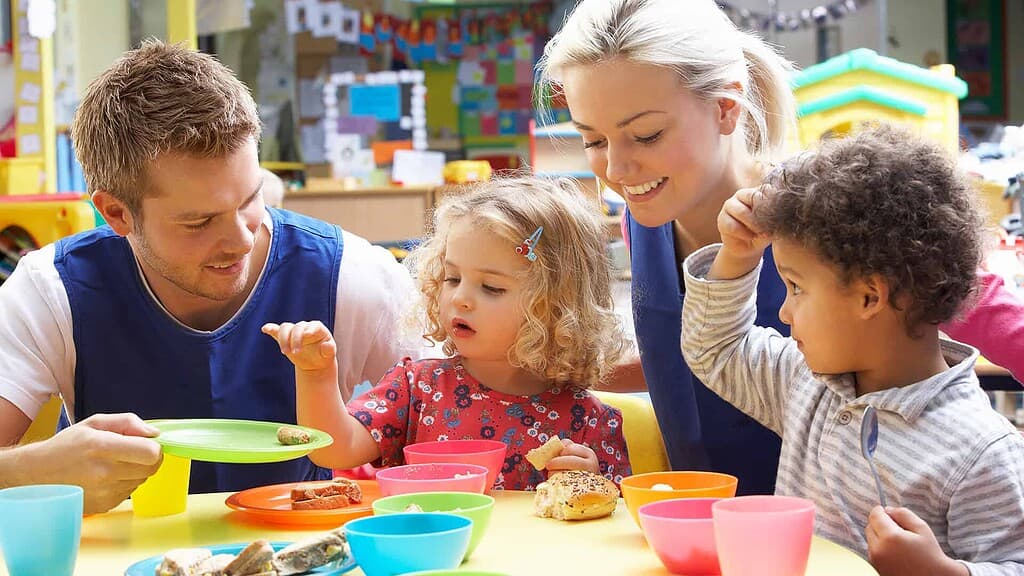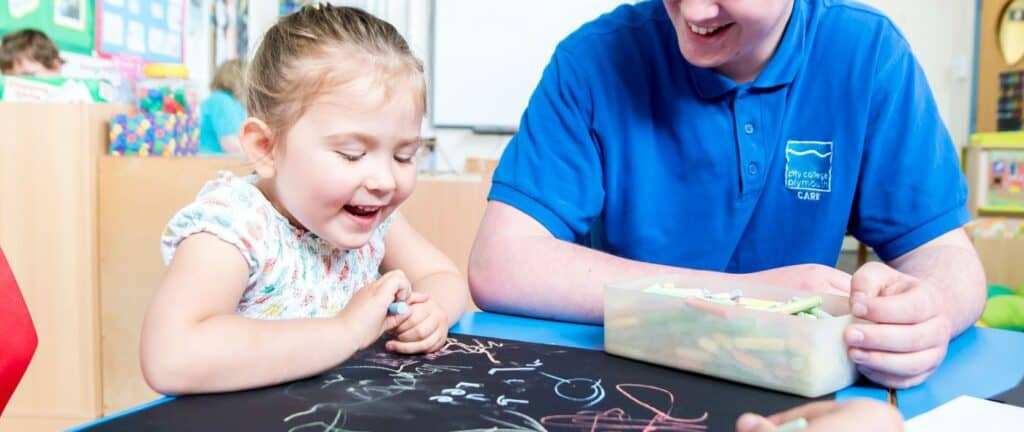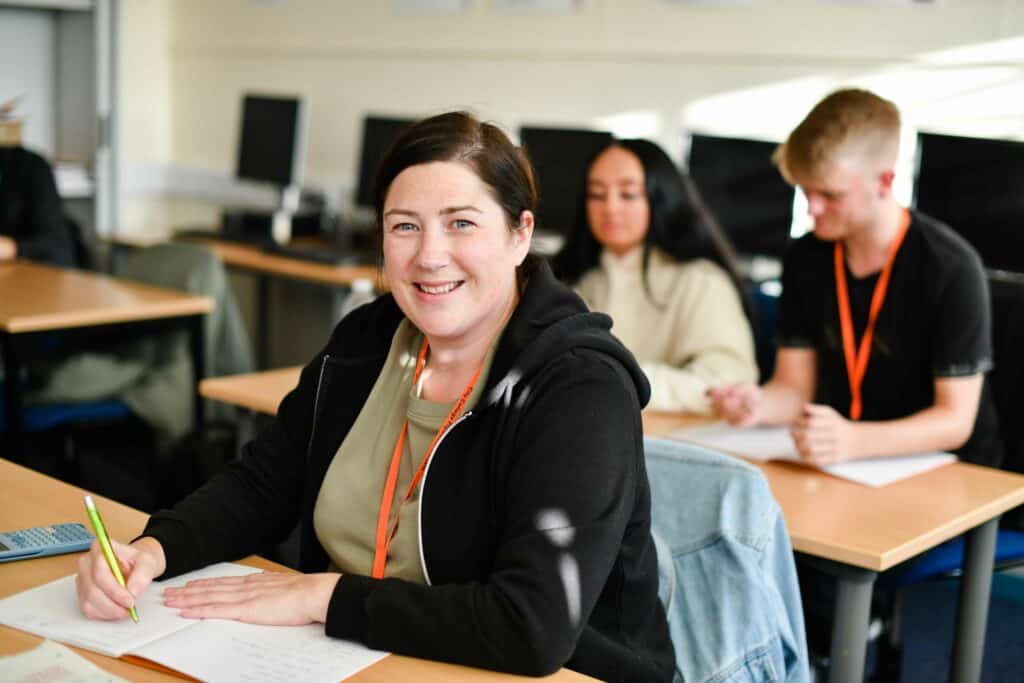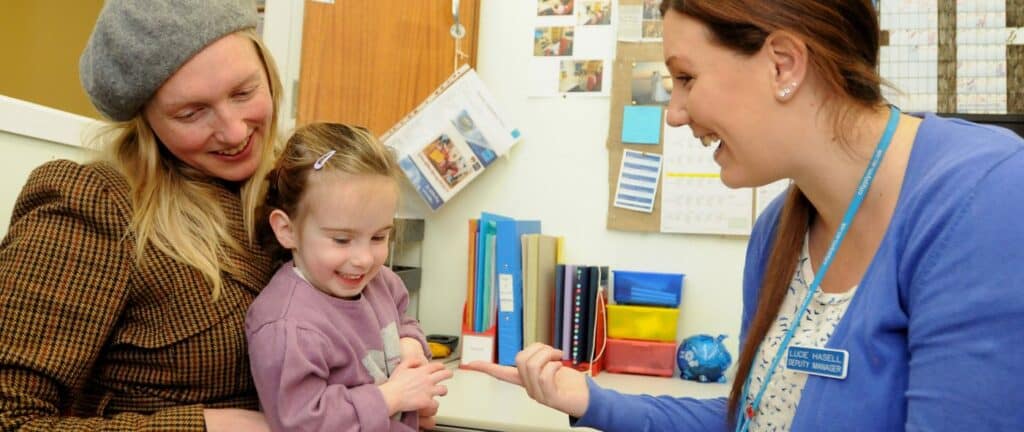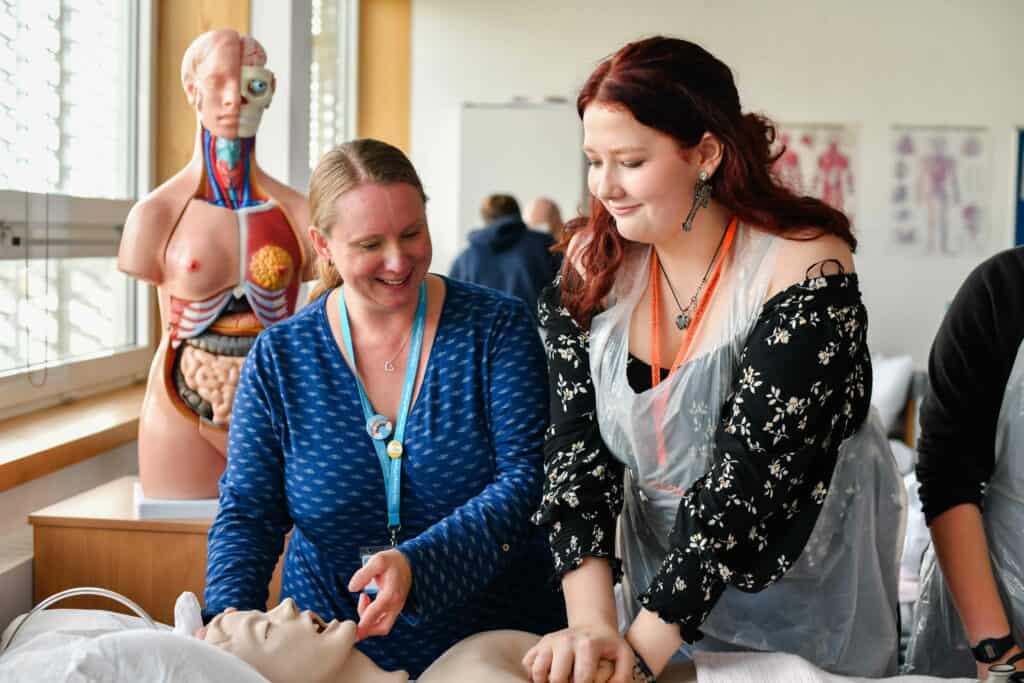Develop skills in person-centred care and positive communication and also how to manage issues around the use of medication.
Health and Childhood Education
Gain essential underpinning knowledge of counselling theory and the ethical framework that informs how counsellors use their skills.
Develop skills in how to communicate effectively using various methods and strategies to provide a safe, welcoming and inclusive environment for diverse needs.
Learn how to spot signs of conditions and develop an awareness of the range of symptoms a person might experience.
This course will give you a good understanding of the early development of the brain, including physical processes and how they relate to the social brain.
Develop understanding of family structures and the range of adverse childhood experiences that children face.
Develop knowledge of how autistic people process sensory information and how speech, language and communication may differ for them.
Learn about what ‘behaviour that challenges’ means and why some people display this behaviour and the impact it can have.
Build an understanding of mental health problems and the support available in the workplace.
Learn about statutory requirements that are needed in early years settings, including the vital role of the key person in supporting children.
Develop skills in how to consider the nutritional needs of a variety of individuals and gain important understanding of eating disorders.
Gain valuable insight into how to take a person centred approach and an understanding of the roles and responsibilities in relation to technology enabled care.

